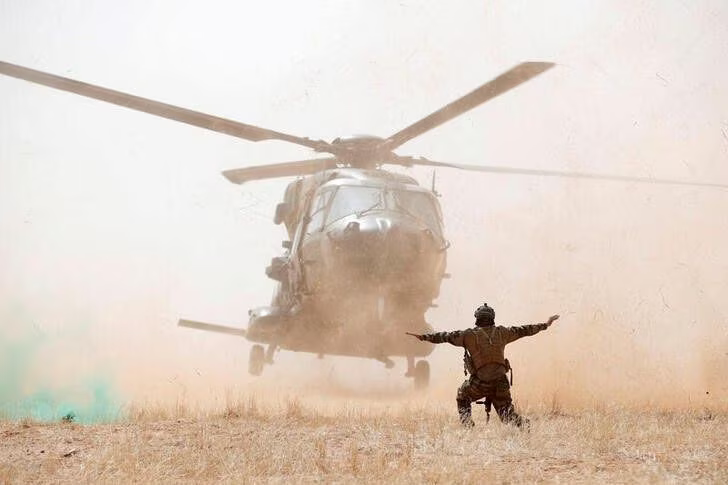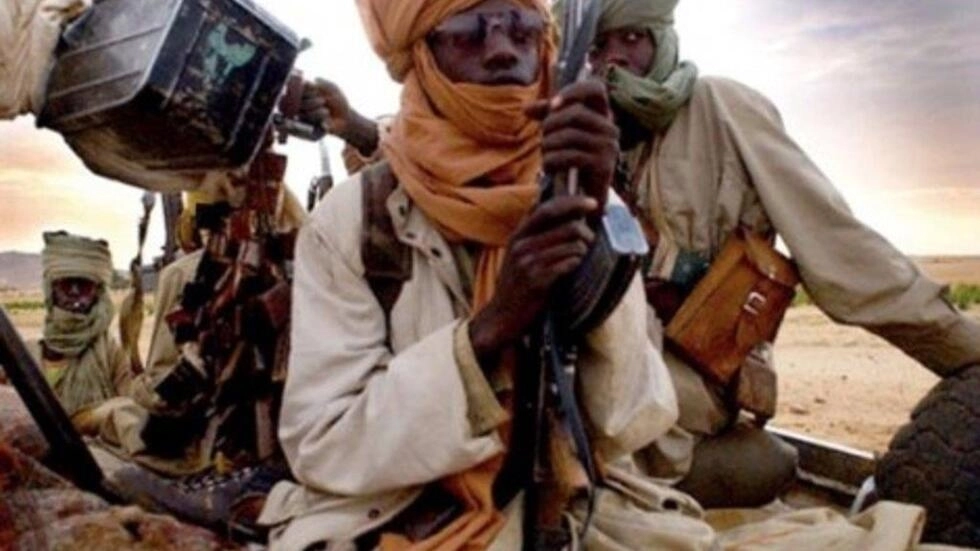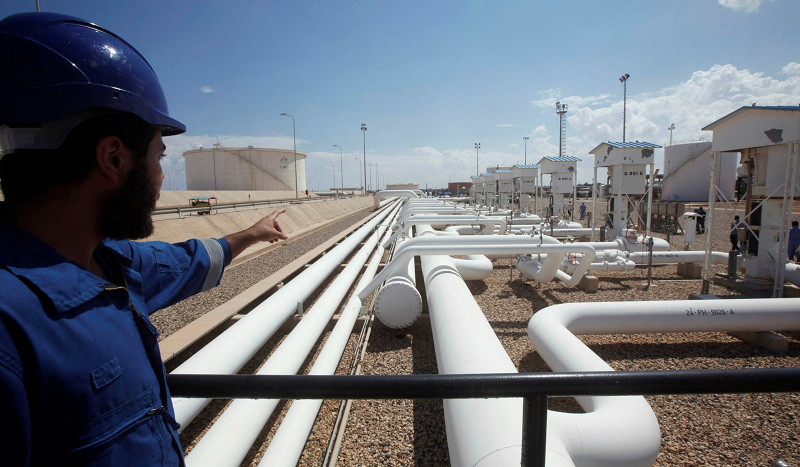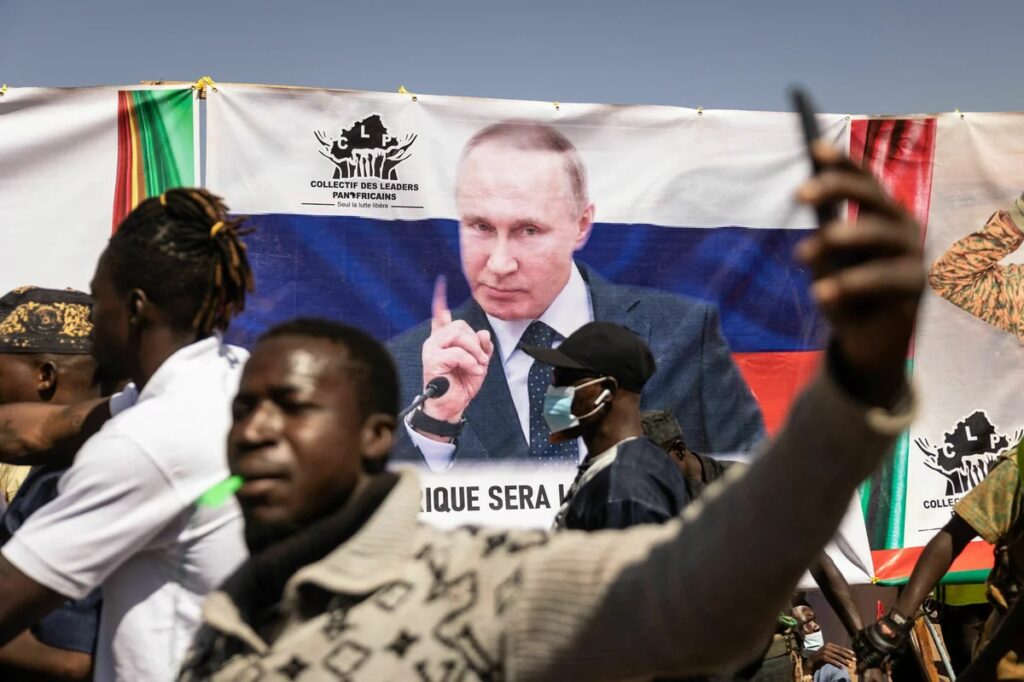Hope of finding work is the leading factor driving people to join fast-growing violent extremist groups in Sub-Saharan Africa, according to a new report launched today by the United Nations Development Programme (UNDP).
Among nearly 2,200 interviewees, one-quarter of voluntary recruits cited job opportunities as their primary reason for joining, a 92 percent increase from the findings of a groundbreaking 2017 UNDP study.
Religion came as the third reason for joining, cited by 17 percent — a 57 percent decrease from the 2017 findings, with a majority of recruits admitting to having limited knowledge of religious texts.
Nearly half of the respondents cited a specific trigger event pushing them to join violent extremist groups, with a striking 71 percent pointing to human rights abuse, often conducted by state security forces, as ‘the tipping point’.
“Sub-Saharan Africa has become the new global epicenter of violent extremism with 48% of global terrorism deaths in 2021. This surge not only adversely impacts lives, security and peace, but also threatens to reverse hard-won development gains for generations to come. Security-driven counter-terrorism responses are often costly and minimally effective, yet investments in preventive approaches to violent extremism are woefully inadequate. The social contract between states and citizens must be reinvigorated to tackle root causes of violent extremism,” UNDP Administrator Achim Steiner said.
“Journey to Extremism in Africa: Pathways to Recruitment and Disengagement” draws from interviews with nearly 2,200 people in eight countries: Burkina Faso, Cameroon, Chad, Mali, Niger, Nigeria, Somalia, and Sudan. More than 1,000 interviewees are former members of violent extremist groups, both voluntary and forced recruits.
The report explores pathways out of violent extremism, identifying factors that push or pull recruits to disengage. Interviewees most often cited unmet expectations, particularly financial expectations, and lack of trust in the group’s leadership as their main reasons for leaving. It also presents gendered data to understand violent extremism from the perspective of women.
“Research shows that those who decide to disengage from violent extremism are less likely to re-join and recruit others. This is why it’s so important to invest in incentives that enable disengagement. Local communities play a pivotal role in supporting sustainable pathways out of violent extremism, along with national governments amnesty programmes,” UNDP Preventing Violent Extremism technical lead in Africa Nirina Kiplagat said.
To counter and prevent violent extremism, the report recommends greater investment in basic services including child welfare; education; quality livelihoods; and investing in young men and women. It also calls for scaling-up exit opportunities and investment in rehabilitation and community-based reintegration services.






